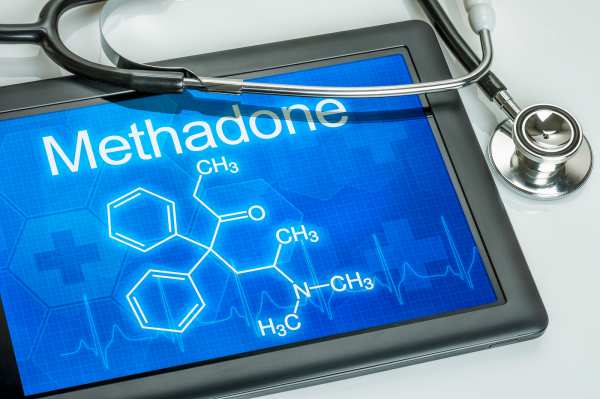On October 26, 2017, the Trump Administration announced its commitment to mobilize the resources of the federal government against America’s opioid addiction epidemic. In his statement, President Trump directed the Department of Health and Human Services to declare a 90-day public health emergency.
This stopped short of declaring a broader national emergency or asking Congress to fund expanded treatment or insurance coverage for Americans fighting drug addiction. The announcement included thefollowing provisions:
- Relief from a restriction on telemedicine, now allowing people fighting drug addiction in rural areas to be treated by doctors located elsewhere, potentially expanding healthcare access
- Increased flexibility for state and local health departments to spend federal money on hiring of substance abuse specialists, and allowing HIV/AIDS programs to spend resources on opioid treatment
- Allowance of states to apply for grants for people with opioid abuse disorders to obtain job training and placement
- Access to a special Congressional fund that enables quick response to unexpected health emergencies
Why Declaring a Drug Addiction Emergency Matters
The announcement reiterates the dangers of the opioid abuse epidemic, while allowing some steps to be taken to address the crisis that could not be taken before. It may facilitate state Medicaid programs to fund inpatient treatment for people battling drug addiction. This practice was restricted in the past due to abuses at many treatment facilities.
The plan also includes a requirement for federally employed prescribers to betrained in safe practices for prescribing opioids, and kicks off a new federal initiative for the development of non-addictive painkillers. It also increases efforts to block shipments of fentanyl from China into the US.
Treatment Can Be Life Changing. Reach out today.
Whether you are struggling with addiction, mental health or both, our expert team is here to guide you every step of the way. Don’t wait— reach out today to take the first step toward taking control of your life.
Is the Announcement Expected to Have a Measurable Impact?
The impact of the declaration is yet to be determined. While it is a limited, 90-day “emergency,” it is better than nothing, and Trump has long been under pressure to bolster the federal government’s response to the epidemic.

One aspect that may make a measurable difference is the plan by the FDA to encourage wider use of medication-assisted drug treatment using methadone and buprenorphine. Medication-assisted treatment is more highly stigmatized than non-medication-assisted treatment in many regions of the US. Additionally, the emphasis on preventing opioid abuse in the first place is encouraging.
Will More Federal Resources Be Forthcoming?
Right now,only one out of 10Americans with substance abuse disorders has access to specialty treatment, according to the US Surgeon General’s office. Congress coughed up some additional money for treatment programs last year, but much more is needed. The Trump Administration does not currently have a permanent secretary of the Department of Health and Human Services, nor does it have a director of the Drug Enforcement Agency. Trump’s recent choice for “drug czar,” Rep. Tom Marino of Pennsylvania, withdrew his nomination.
However, once these officials are in place, the president’s declaration is expected to help overcome bureaucratic delays in the hiring process, so they can make temporary appointments of appropriately qualified specialists with greater ease. In short, new resources resulting from the health emergency declaration will be limited, but they are an encouraging start.
The Status of the Opioid Crisis in America
An estimated 59,000-plus people died in 2016 from a drug overdose, and that figure represents the largest annual increase in drug overdose deaths ever recorded in the US. Illegally manufactured fentanyl and other opioids have made opioid addiction deadlier than ever. In fact, drug overdoses are the leading cause of death for Americans under age 50. More than two million Americans had a substance abuse disorder involving opioids in 2016, and since the year 2000, more than 300,000 Americans have died from opioid-related causes. Drug overdoses now kill more Americans than traffic accidents and gunshot injuries.
The White House declaration of a national health emergency due to opioid abuse is important because it re-emphasizes just how deadly opioid misuse is. Overcoming drug addiction requires a holistic approach and strong personal commitment, but the results can be overwhelmingly positive. If you or any of your loved ones are struggling against drug addiction, we encourage you tocontact usat any time.






